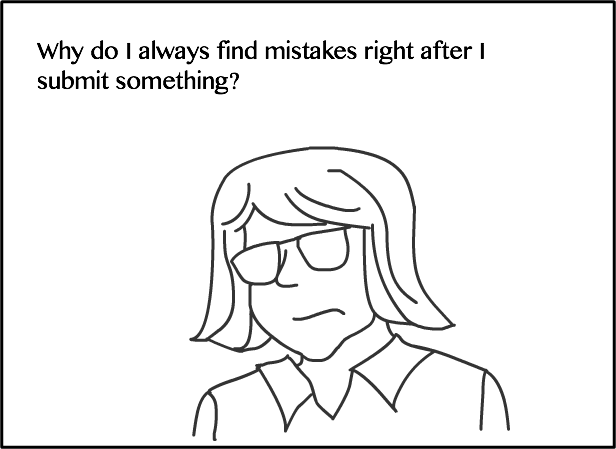My friend, Ann, says that women become invisible after “a certain age.” You can’t go shopping anymore and expect anyone to help you, she said. You can’t travel and expect anyone to help you with your luggage, directions, advice. She thinks older women move through the world, ghost-like and solitary. Whenever she talks about that, I think of Jarrell’s poem, “Next Day.” And then I think to myself that I like being a ghost. I don’t usually like it when salesmen hover around, asking what I’d like.
But yesterday, I went shopping at the mall, looking for a dress for my son’s wedding. I wandered around Dillard’s first and then Macy’s, not finding a single thing I could wear. The sales ladies ignored me, even looked away if I came close. I felt like some kind of furry animal, maybe a rat or a dog. Finally I went to the Macy’s service desk. A woman, shaped like a giant pink pill, looked down at me as if I were far away, and said, We don’t have anything for little people like you. Most of our dresses styles start at size 10. We never carry anything under a 6. She looked so dismissive. I felt like a tiny child being scolded. Before turning away, she added I could look at the Junior dresses, pointing to a selection of frothy Easter dresses in pinks and purples and yellows with matching hats and ribbons and gloves. I imagined myself wearing one of the dresses, looking like some kind of antique Dorothy in the Wizard of Oz.
Next Day Moving from Cheer to Joy, from Joy to All, I take a box And add it to my wild rice, my Cornish game hens. The slacked or shorted, basketed, identical Food-gathering flocks Are selves I overlook.Wisdom, said William James, Is learning what to overlook.And I am wise If that is wisdom. Yet somehow, as I buy All from these shelves And the boy takes it to my station wagon, What I’ve become Troubles me even if I shut my eyes. When I was young and miserable and pretty And poor, I’d wish What all girls wish: to have a husband, A house and children.Now that I’m old, my wish Is womanish: That the boy putting groceries in my car See me.It bewilders me he doesn’t see me. For so many years I was good enough to eat: the world looked at me And its mouth watered.How often they have undressed me, The eyes of strangers! And, holding their flesh within my flesh, their vile Imaginings within my imagining, I too have taken The chance of life.Now the boy pats my dog And we start home.Now I am good. The last mistaken, Ecstatic, accidental bliss, the blind Happiness that, bursting, leaves upon the palm Some soap and water-- It was so long ago, back in some Gay Twenties, Nineties, I don’t know . . . Today I miss My lovely daughter Away at school, my sons away at school, My husband away at work--I wish for them. The dog, the maid, And I go through the sure unvarying days At home in them.As I look at my life, I am afraid Only that it will change, as I am changing: I am afraid, this morning, of my face. It looks at me From the rear-view mirror, with the eyes I hate, The smile I hate.Its plain, lined look Of gray discovery Repeats to me: “You’re old.”That’s all, I’m old. And yet I’m afraid, as I was at the funeral I went to yesterday. My friend’s cold made-up face, granite among its flowers, Her undressed, operated-on, dressed body Were my face and body. As I think of her I hear her telling me How young I seem; I am exceptional; I think of all I have. But really no one is exceptional, No one has anything, I’m anybody, I stand beside my grave Confused with my life, that is commonplace and solitary.





















